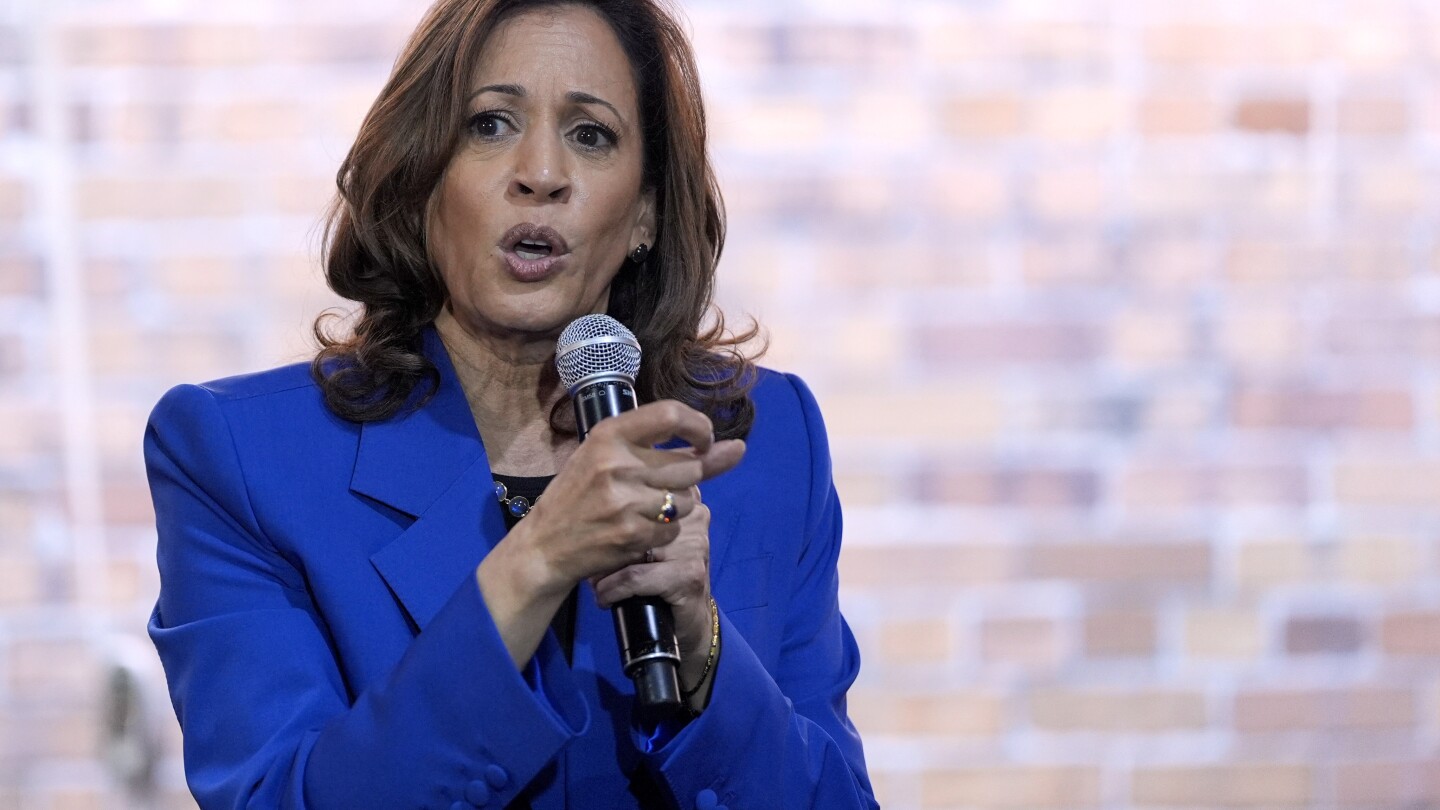Kamala Harris has a new advertising push to draw attention to her plan to build 3 million new homes over four years, a move designed to contain inflationary pressures that also draws a sharp contrast to Republican Donald Trump’s approach.
Harris, the Democratic nominee for president, highlights her plan in a new minute-long ad that uses her personal experience, growing up in rental housing while her mother had saved for a decade before she could buy a home. The ad targets voters in the swing states including Arizona and Nevada. Campaign surrogates are also holding 20 events this week focused on housing issues.
In addition to increasing home construction, Harris is proposing the government provide as much as $25,000 in assistance to first-time buyers. That message carries weight at this moment as housing costs have kept upward pressure on the consumer price index. Shelter costs are up 5.1% over the past 12 months, compared to overall inflation being 2.9%, according to the Bureau of Labor Statistics.
“Vice President Harris knows we need to do more to address our housing crisis, that’s why she has a plan to end the housing shortage” and will crack down on “corporate landlords and Wall Street banks hiking up rents and housing costs,” said Dan Kanninen, the campaign’s battleground states director.



The issue is that implementing it would basically require an act of God, because the property owners are the ones bribing the lawmakers who would be writing the laws.
When you look at whether a piece of legislation is popular vs whether it’ll be passed, it’s basically no correlation if you’re poor. The graph is basically a flat line, with about a 30% pass rating regardless of how popular it is. Regardless of whether it’s extremely popular or horribly unpopular, the bill has about a 30% chance of getting passed.
But if you look at the graph for people who are rich, the graph looks more like a 1:1 line, where pass rates increase as popularity increases. And conversely, the pass rate decreases as it’s less popular with the rich.
Money talks, and the SCOTUS has legalized bribery.